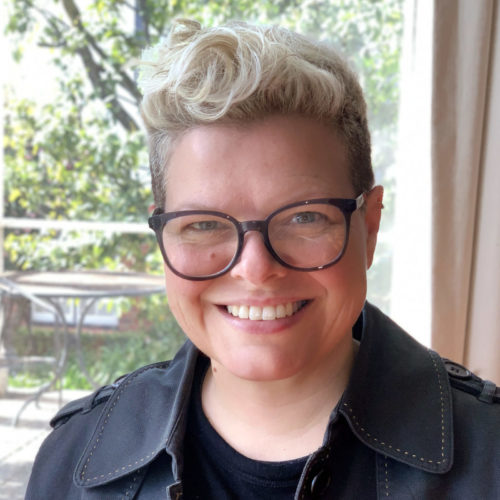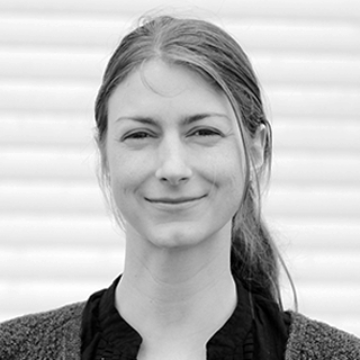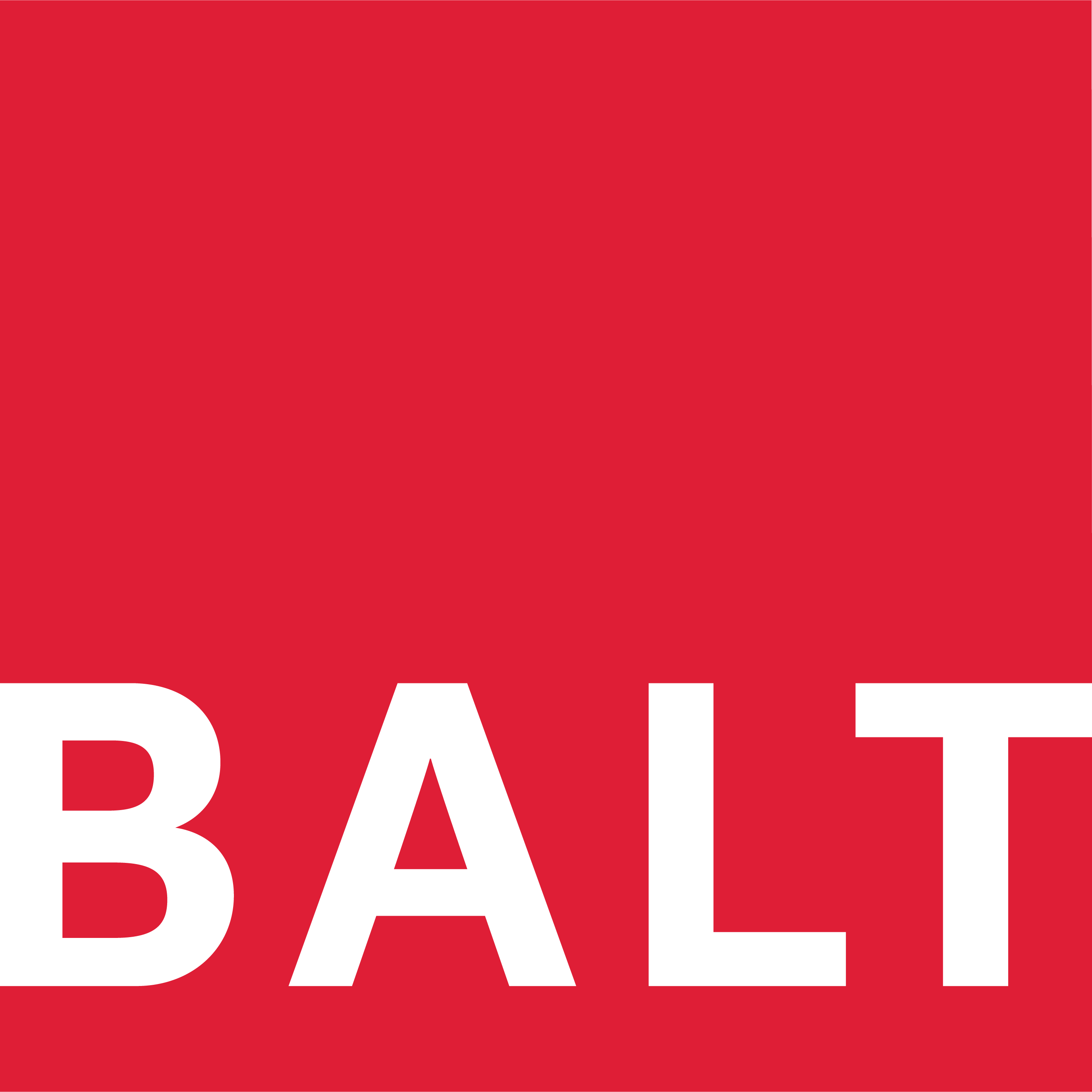| 6.15 pm | Registration | |
| 6.30pm | Prof Bernhard Hauser University for Applied Management (Germany) |
Paper presentation 7 Agile action learning – How criticality can enhance scrum and the agile movement |
| 7.10 pm | Comfort break | |
| 7.15 pm | Genevieve Cother Business Action Learning Tasmania (Australia) Monika Koncz-Mackenzie Ellen Macarthur Foundation (UK) |
Symposium 1 Developing the circular economy through action learning |
| 8.45 pm | ALARA & BALT | Plenary session Reflections on the day |
| 9.15 pm | Session close |

Prof Bernhard Hauser
University for Applied Management
Germany
Agile action learning – How criticality can enhance scrum and the agile movement
Organizations, companies and society are in rapid and fundamental transformation. There is a need for deep learning, innovation – and speed. Critical Action Learning (CAL) is an approach to profound collective reflection and change, addressing power dynamics and micropolitics – but also time-consuming.
In the light of the conflicting requirements of deep learning and speed, the question arises how CAL can unfold its full potential and whether adaptions are needed to receive the attention of possible users (e.g. top management) often acting under enormous time pressure. As a multitude of approaches is on offer today all promising to tackle organizational problems, learning and action in one way or another, this contribution discusses the possible role of CAL. Is it offering dialogue for mutual learning or could it also supplement other approaches with its specific qualities?
The approaches and movements chosen for this analysis were Design Thinking, Lean Startup, Extreme Teaming, Scrum and Agile Movement. Scrum as one of these approaches is discussed in more detail to unfold what questions a dialogue on a possible combination of the two concepts would produce. This process unveiled that an adaption between the two would create potentially productive tensions between CAL and Scrum as well as within CAL.

Genevieve Cother
Business Action Learning Tasmania
Australia

Monika Koncz-Mackenzie
Ellen Macarthur Foundation
United Kingdom
Building the circular economy through action learning
Action learning is promoted by recognised thought leaders in circular economy theory, as a method for developing the circular economy. Action and reflection are considered a “vital process” for developing the conditions needed to transition to a circular economy.
Monika will provide an overview of the Ellen Macarthur Foundation (EMF) and their work developing a network of Strategic Partners, including Danone, Philips, IKEA and Unilever. Monika will share her views on why action learning supports the organisation’s ambition to help businesses transition to a circular economy and how EMF has introduced action learning through its development programs and the Action Learning Toolkit.
The Business Resource Efficiency Program (BREP) is an action learning program designed and delivered for Business Action Learning Tasmania (BALT) in partnership with the Tasmanian government. It is a key action from Climate Action 21, the Tasmanian Government’s climate change action plan. Genevieve will revisit three case studies from BREP to assess the ongoing effects of action learning.
The presentation will include a short video presentation from participants in the Business Resource Efficiency Program. The presenters and BREP participants, featured in the case studies, will be available for questions from the delegation.
